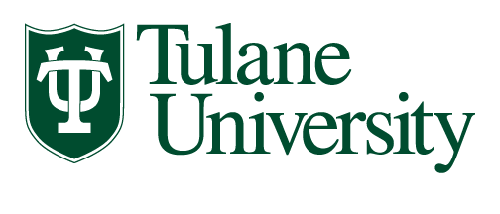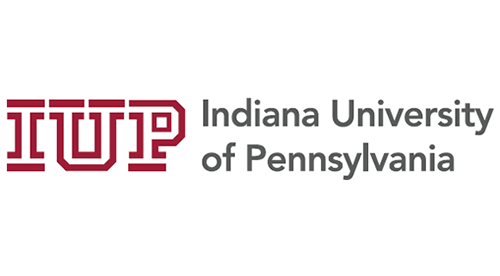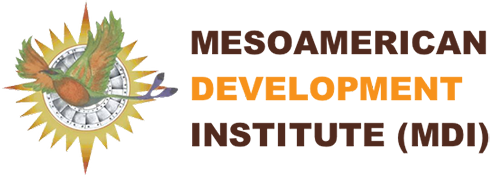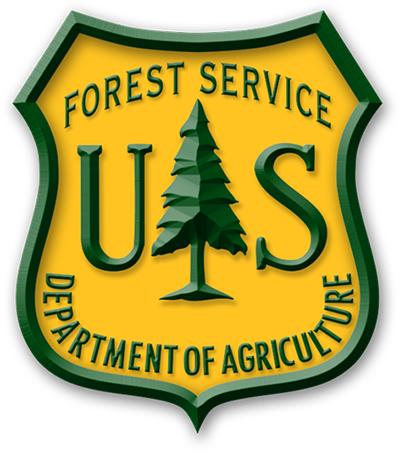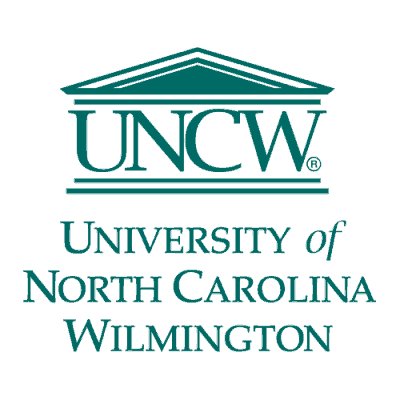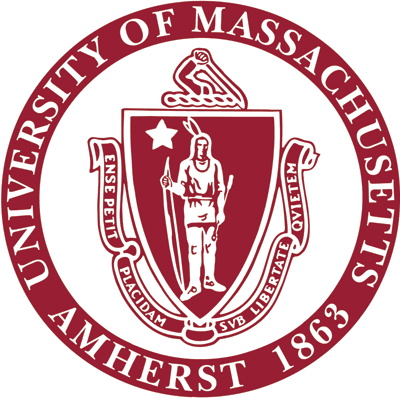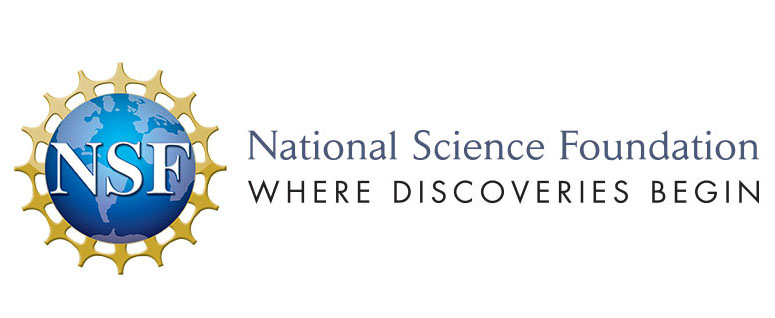Coffee is the most traded tropical agricultural commodity, and its production has doubled through intensification and expansion into previously forested areas. This has led to severe environmental degradation, economic hardship, and social crises for thousands of families depending on coffee income. Conversion of forest to coffee causes loss of biodiversity, increases in carbon emissions, soil erosion, runoff, and severe regional water shortages. The coffee sector has acknowledged the problem and Conservation International initiated a “Sustainable Coffee Challenge” where many major resellers have pledged to expand their sustainable sourcing of coffee. Solutions remain elusive.
Producers could capture more value out of coffee if they processed––depulp, wash, dry and sort––as much coffee before selling it to other actors in the supply chain. However, these processes are typically undervalued and underpaid. Because of this, in countries such as Honduras, many coffee growers prefer to sell unprocessed coffee. When an intermediary purchases high volumes of unprocessed coffee, they face high environmental and energetic costs to process coffee. Depulping and washing coffee results in massive waste. Drying high volumes of coffee must be done in machines called Guardiolas, which entail a high energetic cost and many times deforestation–when the operating fuel is wood.
Interventions to produce coffee in a more sustainable way generally focus at the farm scale and do not influence the sustainability of other links in the value chain-–like processing, trade and consumption––or address regional and global scale sustainability. Achieving sustainability in the coffee sector will require the articulation and participation of multiple disciplines and actors across the value chain; and applying systems-thinking to coffee production to design, integrate, and evaluate the potentially complementary and dynamic effects of social, technological, economic, and environmental interventions at multiple scales.
We have been sponsored by the US Natural Science Foundations to assemble a multidisciplinary team of researchers, engineers, producers, industry partners, and local, municipal and national government agencies to jointly pursue the Coffee Sustainability research challenge. This team involves local communities in the Yoro region, the Mesoamerican Development Institute, and different scholars in the natural and social sciences. Our plan is to design an integrated multiscale solution based on the synthesis of knowledge, ideas, data, and methodologies that help us better understand coffee supply and value chain dynamics associated with the production of Café Solar in Yoro, an important coffee-producing region in Honduras. This research is built on and aims to inform efforts to provide incentives for local collaborators and participants such as sustainable incomes, stable communities with clean water, and profitable businesses. These outcomes will facilitate the expansion of sustainable coffee production in Honduras and other tropical regions.
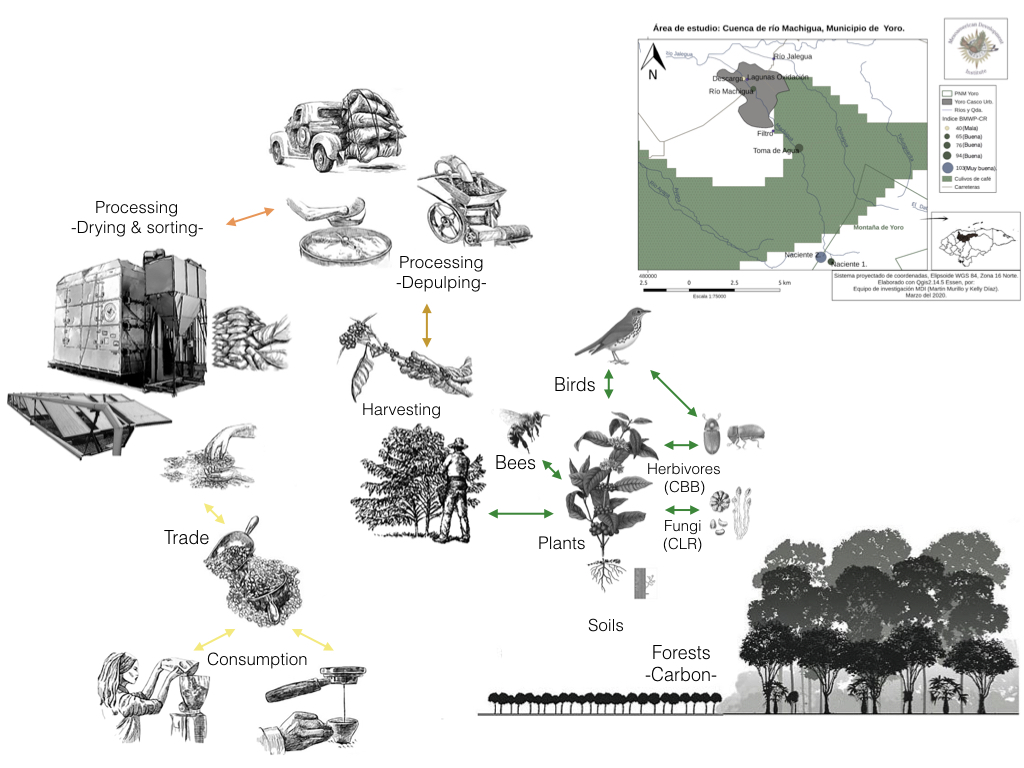
Participating universities and institutions
